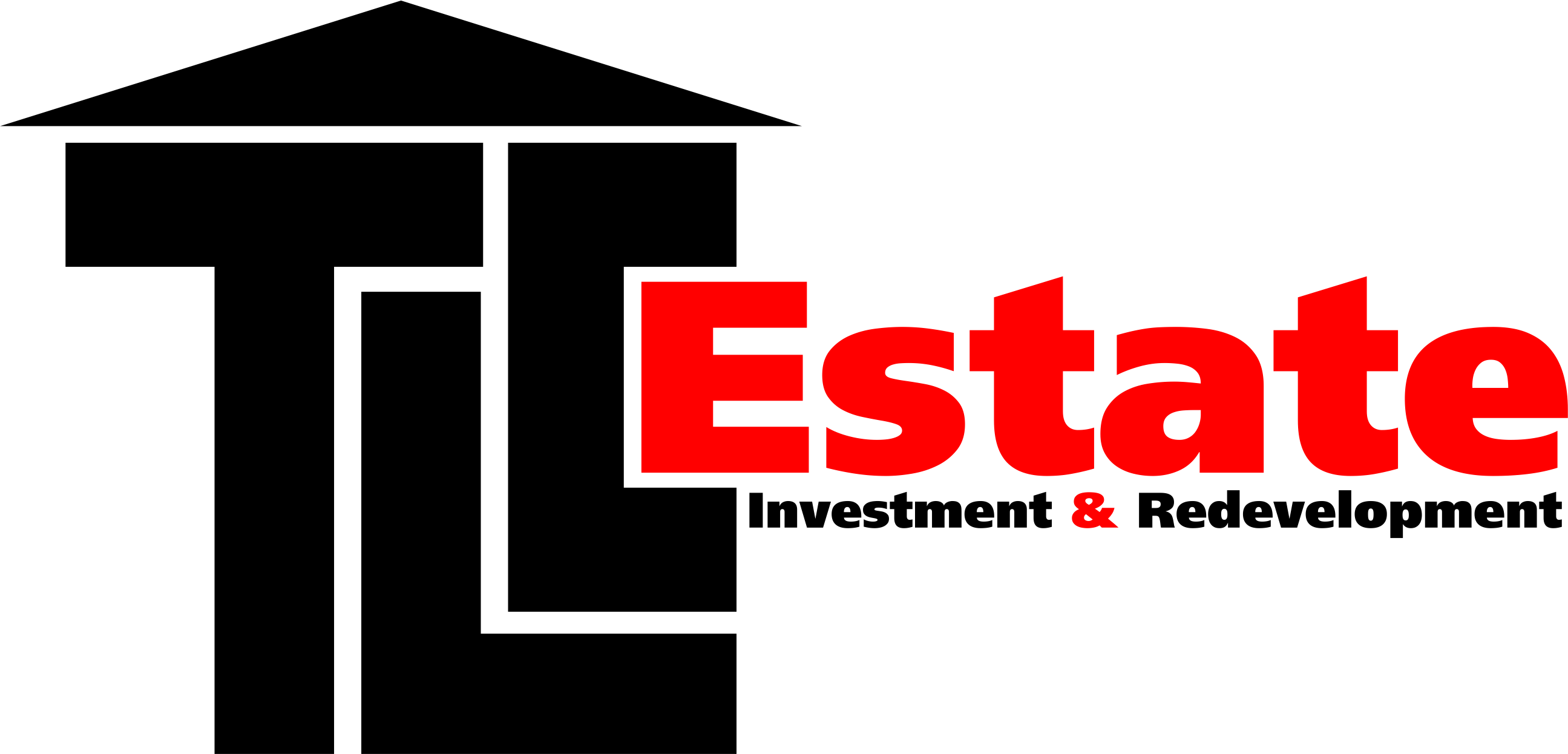
It can be surprising that people make such mistakes right before closing on a mortgage, but it happens.
Buying a house is a big commitment, and the excitement of becoming a homeowner can sometimes cloud people’s judgment when it comes to their finances.
Additionally, some people may not fully understand the impact that a new car or other large purchase can have on their mortgage application.
It’s important for borrowers to be aware of the restrictions and requirements for getting approved for a mortgage, and to be mindful of their spending in the months leading up to closing. Making a large purchase can impact their debt-to-income ratio and credit score and make it harder for them to get approved for a mortgage, even if they have already been pre-approved. By being careful and considering the potential consequences of their actions, borrowers can help ensure a smooth and successful closing process ( 😤 and not to waste sellers’ time and testing their nerves)
And please be honest and upfront with your lender and agent about any changes in your financial situation, and to work with them to find a solution that will still allow you to close on your mortgage. ( 🗣 Say it again louder for the people in the back!)
There are several things you should avoid doing before closing on a house. Here is your NOT-TO-DO list:
- Changing Jobs: Lenders look at stability and income when approving a mortgage, so if you change jobs before closing, it can cause delays or even put your mortgage in jeopardy.
- Making Large Purchases: Buying a new car or furniture can increase your debt-to-income ratio and negatively impact your ability to get approved for a mortgage.
- Moving Money Around: Transferring large sums of money from one bank account to another or from one investment account to another can raise red flags with lenders and make it harder for them to verify your financial information.
- Opening New Credit Accounts: Opening new credit accounts before closing can change your credit score and credit utilization ratio, which can also impact your ability to get approved for a mortgage.
- Paying off Debt: While it’s a good idea to reduce debt before applying for a mortgage, paying off debt right before closing can also reduce the amount of money you have in the bank, making it harder for you to meet the lender’s requirements for cash reserves.
Carefully review your Closing Disclosure, which outlines the terms of your mortgage and any fees associated with it. (Strange as it may sound, but the buyers actually pay their portion of closing fees! Make sure you have enough liquid funds to close on your home mortgage). If something is not clear, please, ask your lender to explain all the terms or fees you don’t understand.
Stay in regular communication with your lender throughout the closing process. Respond promptly to any requests for information or documentation. Have a Contingency Plan: Make sure you have a contingency plan in place in case your mortgage doesn’t close for any reason. This could include having a backup plan for where you’ll live or having enough savings to cover a temporary living situation.
#clear-communication-works #sage-does-not 🤣🤣
